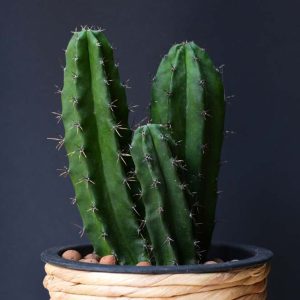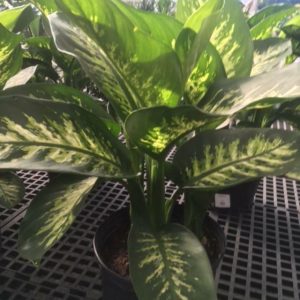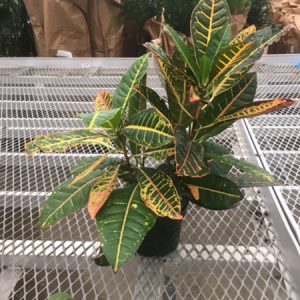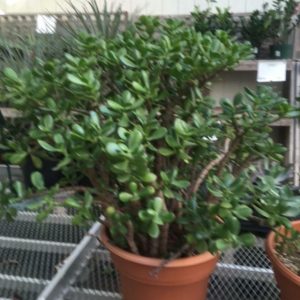Description
Larix – Larch –
There are about 14 species of fast growing, deciduous, monoecious, coniferous trees in this genus. They occur in coniferous forest of cool mountain regions of the Northern Hemisphere. They have attractive young foliage and normally brilliant, yellow to red autumn color. The needle-sdhped leaves are borne in loose spirals on the long shoots, and near whorls on the short shoots. Terminal, erect cylindrical or ovoid to conical, usually purple female cones are borne in spring, and turn woody and brown in the first season, usually persisting on the tree. Male cones are drooping, and spherical to ovoid, and pink or yellow. Larches are useful as specimen trees, and are toelrant of a wide range of conditions.
Grow in any deep, well drained soil in full sun, they resent waterlogged soil.
Prone to caterpillars, saw flies, aphids, needle blight, needle cast, rust larch cankers and larch chermes.
L. kaempferi ‘Blue Haze’ – L. leptolepis ‘Blue Haze’ – Japanese Larch – This fast growing, broadly conical coniferous tree from Japan grows 100′ feet tall and 12-20′ feet wide. It has fissured and scaly, reddish brown to gray bark. Very similar to L. decidua, but with purplish red winter shoots covered in a waxy bloom. Hairless shoots bears soft, linear, bright gray-green or bluish green needle like leaves, to 1 ½” long. Its conical female cones, to 1 1/4″ long, have reflexed scales and concealed bracts. Withstands atmospheric pollution.
Zones 5-7





